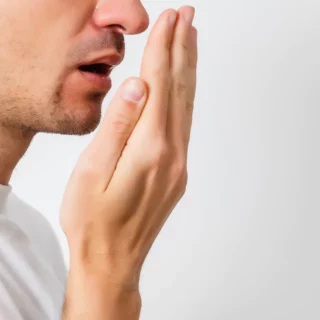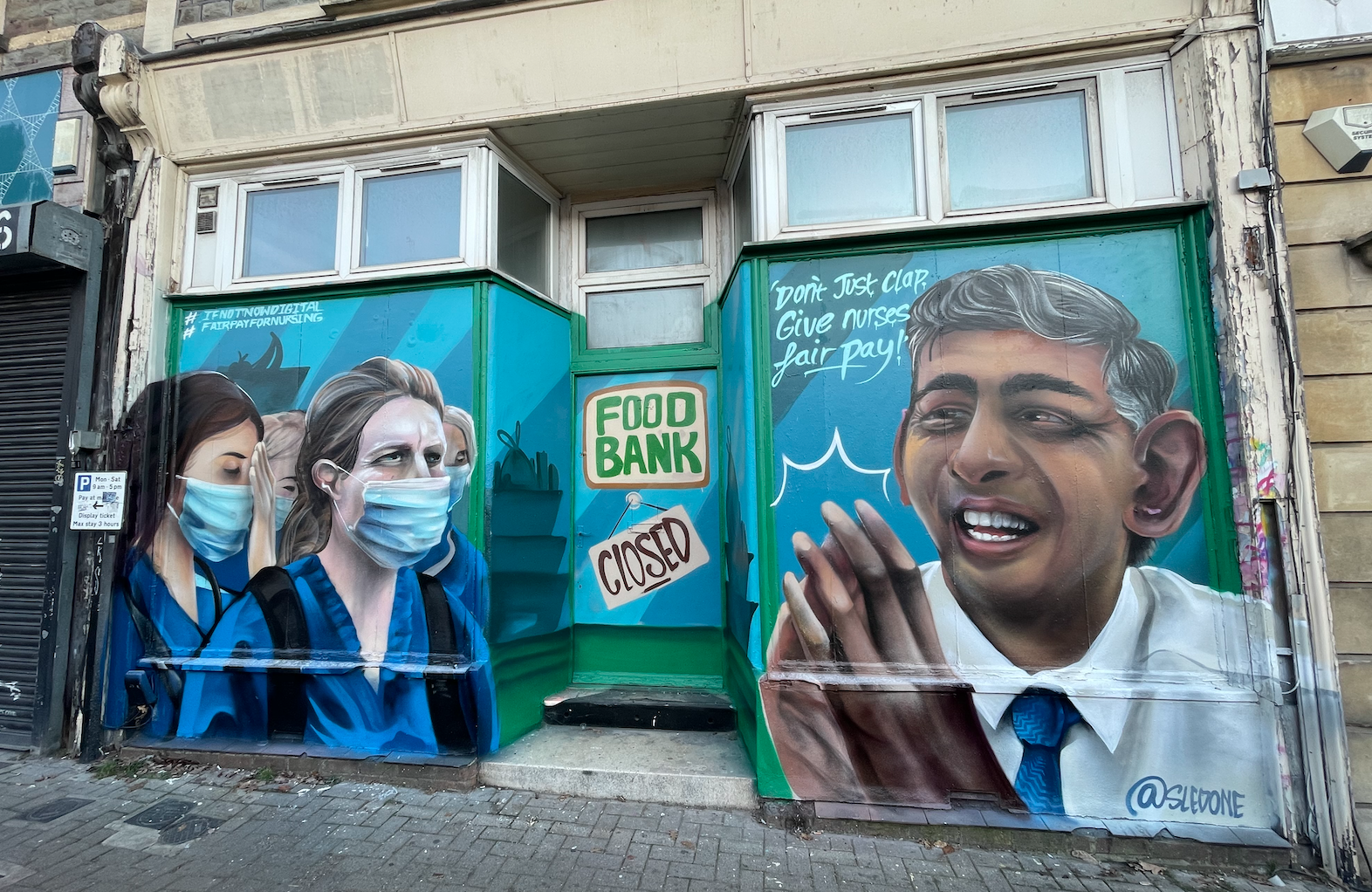This website uses cookies so that we can provide you with the best user experience possible. Cookie information is stored in your browser and performs functions such as recognising you when you return to our website and helping our team to understand which sections of the website you find most interesting and useful.

What causes bad breath and what can you do about it?
February 25, 2021Bad breath, also known as halitosis, is more common than you think. Approximately 30% of the population complains of bad breath in some shape or form. It often occurs in the morning when you first wake up or after a garlicky meal. Other causes of temporary halitosis include smoking, coffee, and alcoholic beverages.
With most of us wearing masks this year, some of us might be realising that our breath might not be as fresh as we think. Dr Navarro, Dental Director of Floe says that: ‟Face masks themselves don’t make your breath smell, they just make us more aware of our bad breath,” and the sad truth is: ‟if you’re experiencing bad breath now, it probably means you had bad breath before the pandemic – you just didn’t know it.”
You can usually treat it yourself by keeping your teeth, tongue and mouth clean, although sometimes there is an obvious reason as to why it’s a regular visitor. The first step towards getting rid of bad breath is understanding what’s causing it.
Causes of bad breath and tips on improving
- Having poor oral hygiene can lead to a buildup of plaque, which can calcify over time, marking the first stage of cavity formation, commonly known as tartar. Plaque starts building up after every meal, and if it isn’t brushed away frequently, it can erode the hard, outer enamel of a tooth, resulting in tiny holes in the tooth’s surface. The best way to prevent this is to brush, floss and scrape your tongue in the morning, ideally after coffee and breakfast. It might even be a good idea to time yourself brushing your teeth to see how long you’re really spending. Brush your teeth for 2 minutes, spending an equal amount of time (30 seconds) in each quadrant of your mouth.
- Bad breath can be caused by having infections in your mouth. Surgical wounds, after oral surgery, such as tooth removal, or as a result of tooth decay, gum disease or mouth sores could be the cause of this. Visit your dentist regularly if you can – remember most cases of bad breath are caused by oral matters!
- Can’t stand your breath after a garlic-filled meal? Makes sense! Eating intense, smelly foods is the obvious cause of bad breath. You should brush after you eat pungent foods to remove the food particles that will resurface a few hours later.
- If your diet is high in sugar, eat carbs. The only way to truly stop the bad breath caused by ketosis is to take your body out of ketosis. You can choose to eat low-glycemic index carbs that have little effect on your blood sugar, or high-protein carbs such as legumes. Eat more vegetables and fruits for sweeter-smelling breath.
- An acidic diet causes acid reflux, which is the main cause of bad breath. If you have this, then you might want to keep a diary on food to help identify acidic foods that may be causing reflux. Some dietary tweaks with the help of a professional would also be a good idea to get to the bottom of this.
- If you have low saliva flow, this can allow bacteria to flourish, which leads to bad breath. Dehydration is also a common factor to having a low flow of salvia. If you have dry mouth, drink plenty of water, and use a toothpaste with fluoride (check out ours!). You can also chew sugar-free gum containing xylitol and pop dry mouth tablets to stimulate saliva flow. In more extreme cases, you may want to ask your dentist about prescription pilocarpine, which also helps increase saliva flow.
- Chances are, you’re not flossing. Your flossing frequency may not seem like a huge deal, but as the bacteria continues to grow in the areas where you can’t reach with a toothbrush (those hard-to-reach corners), your teeth will become sensitive and your breath will become bad.
- You aren’t consistent with professional dental care. You need to actually get to the dentist regularly to keep your mouth healthy. But also, doing so keeps bad breath at bay.
Permanent Fixes For Bad Breath With Floe
Here at Floe, we’re determined to help people build these fundamentals into their oral care routine over time. No matter the causes, a lot of it boils down to consistent and complete oral care practices. If you struggle with bad breath, taking the following steps can help you get it under control.
- Brushing twice a day with good technique
- Brushing for two minutes each time
- Using a good quality toothbrush and replacing it regularly
- Using fluoride toothpaste
- Flossing regularly
Our subscription box comes complete with a Curaprox brush (voted the number one manual toothbrush by dentists), two special toothpastes for morning and evening brushing and activated charcoal floss to reach the parts of your mouth brushing can’t. And every three months, we send you a new box, straight to your front door.
Subscribe today for a stronger, long-lasting oral care routine, and claim 50% off your first box by using the code hellofloe at checkout!
Bitesize news direct to your inbox.
Sign up for Bitesize, our monthly newsletter, for the latest dental tips, healthcare news and more, including 25% off your first box



